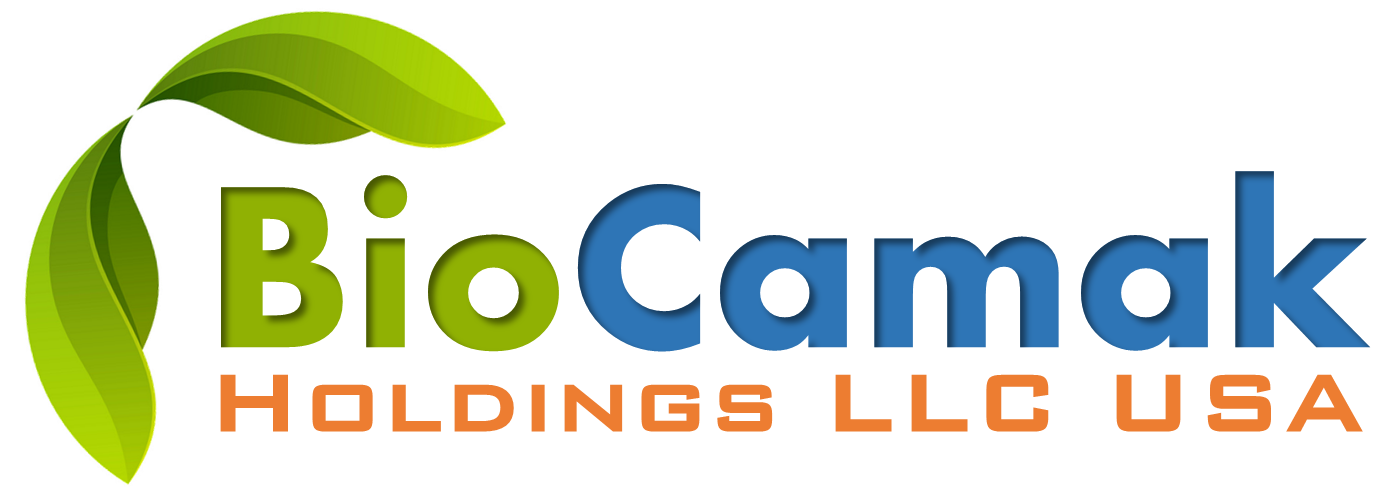Proven Quality
For the biorefinery, BioCamak will use Petron’s state of art technologies available in USA and globally. These includes advanced Cellulosic Biomass (G2.0) to Bioethanol and advanced G1.5 Inedible Industrial Maize (Corn) to Bioethanol, Biodiesel, Sustainable Aviation Fuels (SAF) Renewable Diesel, Hydrogen, High protein animal feed (DDGS), Ethylene and Ethylene Glycol technologies. Offering a less expensive and more energy efficient solution. These technologies are commercially proven, patented and having superior process know how.









